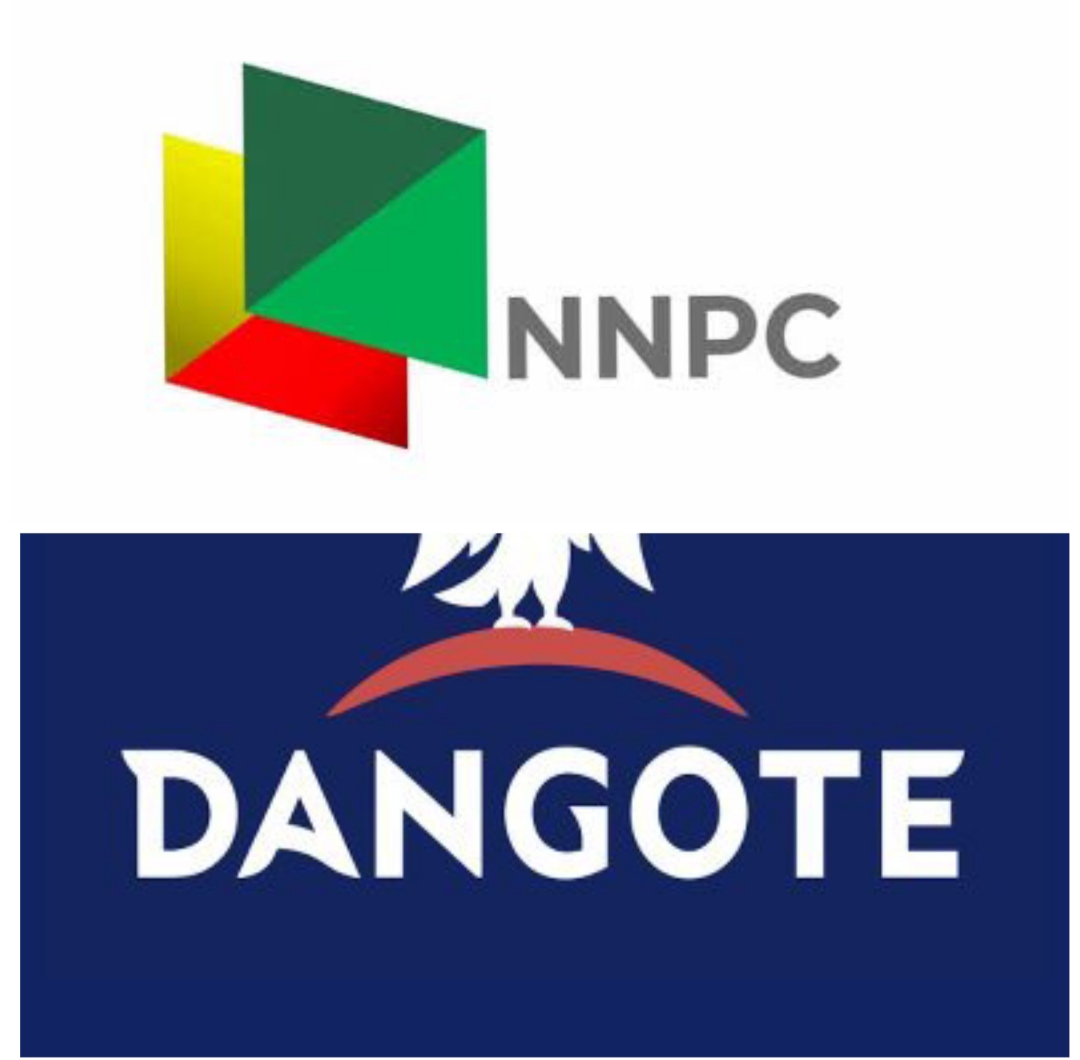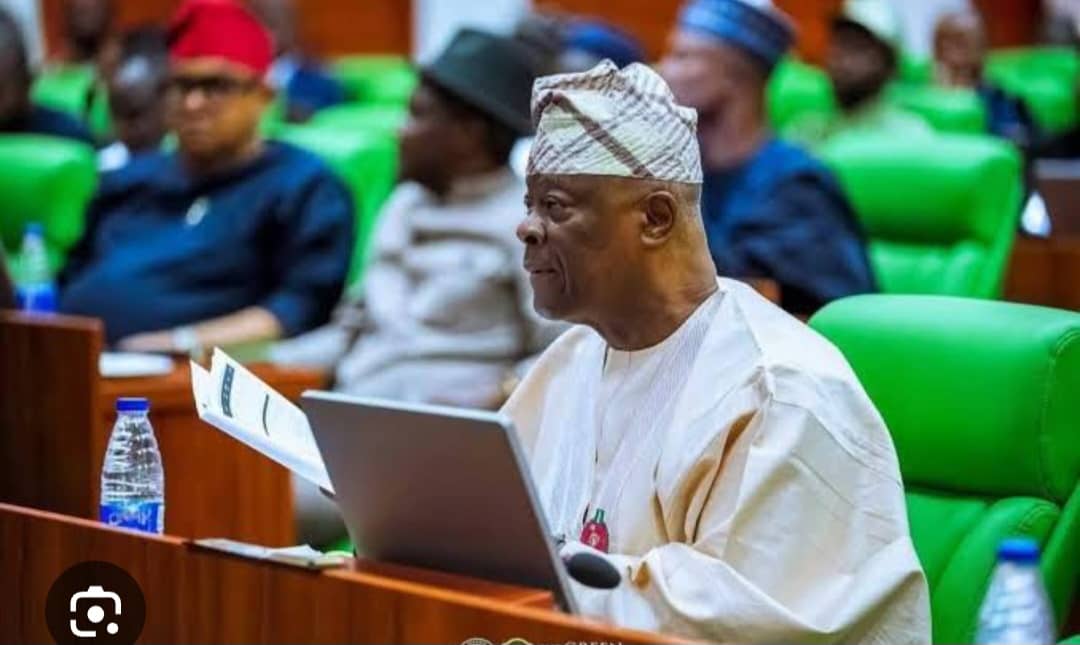Implications of Dangote Refinery’s Case Against NNPC And Others On Nigeria’s Energy Sector
BY ABDULRASAQ HAMZAT

Dangote Petroleum Refinery and Petrochemicals FZE has filed a lawsuit at the Federal High Court in Abuja, seeking to nullify the import licenses issued to the Nigeria National Petroleum Corporation Limited (NNPCL), Matrix Petroleum Services Limited, A.A. Rano Limited, and four other companies. These licenses permit the importation of refined petroleum products that Dangote Refinery already produces.
In suit number FHC/ABJ/CS/1324/2024, Dangote Refinery is also claiming N100 billion in damages from the Nigeria Midstream and Downstream Petroleum Regulatory Authority (NMDPRA).
The lawsuit alleges that NMDPRA continues to issue import licenses to NNPC, Matrix Energy, and others for products like Automotive Gas Oil (AGO) and Jet Fuel, despite Dangote Refinery producing enough to meet Nigeria’s daily consumption needs.
Legal and Regulatory implication
This lawsuit revolves around the Petroleum Industry Act (PIA) and other relevant Nigerian regulations that prioritize domestic production over imports.
Dangote asserts that the actions of NNPC and NMDPRA violate these laws, designed to protect Nigeria’s national interest.
The PIA, enacted in 2021, governs Nigeria’s oil and gas industry, promoting efficient petroleum operations, local content, and self-sufficiency.
A key objective is to prioritize domestic refining and reduce reliance on imports. Dangote will argue that NMDPRA’s continued issuance of import licenses contradicts this, especially as Dangote Refinery already meets Nigeria’s demand for AGO and Jet-A1.
Section 317 of the PIA mandates NMDPRA to support and regulate local refining capacity. If Dangote Refinery can meet the country’s needs, the issuance of import licenses undermines the PIA’s intent.
By law, NMDPRA issues import licenses based on market needs, while balancing local production and imports. Dangote argues that further issuance of these licenses is unnecessary and potentially in breach of NMDPRA’s obligation to prioritize domestic production under the PIA.
Economic and Market Considerations
The issuance of import licenses promotes competition, benefiting consumers. However, Dangote’s argument centers on market sufficiency.
If domestic production can meet demand, imports could distort the market, negatively affecting local producers’ profitability, potentially violating Nigerian fair competition laws.
Additionally, Dangote may argue that continuing to issue licenses leads to oversupply, harming local producers and undermining the PIA’s self-sufficiency goals. The claim for damages could be based on revenue losses due to the sale of imported products over domestically produced ones.
If the lawsuit succeeds, it could prompt the Nigerian government to reassess its approach to issuing import licenses, especially when domestic refineries can meet national needs.
The Competition and Consumer Protection Act (2019) might be invoked to argue against anti-competitive practices that unfairly impact local producers.
Implications for Nigeria’s Energy Sector
1. Boost to Domestic Refining: A win for Dangote could set a precedent for prioritizing locally refined products, encouraging investors to build more refineries, confident that the regulatory environment will favor local production.
2. Economic Benefits: Reducing Nigeria’s reliance on imports would enhance energy security and stabilize foreign exchange reserves, improving the naira. Increased local production could also shift Nigeria’s trade balance, reducing imports and potentially increasing exports of refined products.
3. Market Competition: Limiting imports may reduce competition, with companies like NNPC losing market share to local refiners like Dangote. This could raise concerns about reduced competition and pricing if Dangote becomes the dominant domestic supplier.
4. Price Stability: Local refining might reduce transportation costs and import duties, lowering fuel prices. However, operational challenges at local refineries could cause short-term supply disruptions if import licenses are restricted.
5. Job Creation and Economic Growth: Expanding domestic refining would create jobs directly in refinery operations and indirectly in related sectors like logistics. A thriving local refining industry could boost growth in petrochemicals and manufacturing, diversifying Nigeria’s economy beyond crude oil exports.
6. Regional Influence: If domestic refineries meet demand and produce surplus for export, Nigeria could become a refining hub for West Africa, strengthening its regional influence and attracting foreign investment.
Regulatory Adjustments
The government may need to revise its criteria for granting import licenses, potentially limiting them to times of supply shortfalls or emergencies.
This would align with the PIA’s goals of promoting domestic refining. NMDPRA could face scrutiny over how it balances imports with domestic production, ensuring that its actions align with national objectives of increasing local refining capacity and energy self-sufficiency.
Alternative Outcome
If Dangote loses the case and the court rules in favor of NMDPRA, importation of refined petroleum products will continue. This could maintain competition in the market, potentially benefiting consumers by keeping prices competitive due to the mix of imports and local production.
However, continued importation could lead to market oversupply, affecting the profitability of local refineries like Dangote’s. Local producers may find it difficult to compete with cheaper or more readily available imported products, potentially discouraging further investment in domestic refining.
Losing the case might force Dangote to reconsider its business strategy, including its pricing structure. Increased competition could pressure the refinery to lower prices, reducing profitability and possibly slowing down expansion plans or investments in production capacity.
If imports continue unrestricted, potential investors in Nigeria’s refining industry may hesitate to invest, uncertain about the regulatory environment’s support for local producers. This may contradict the PIA’s principle of promoting self-sufficiency in refining.
A loss for Dangote would also perpetuate Nigeria’s reliance on imported refined products, continuing the country’s foreign currency outflow on fuel imports and worsening foreign exchange pressures if global oil prices fluctuate or the naira weakens.
The Nigerian government, having removed fuel subsidies, could face challenges managing a market with both local and imported products. If international fuel prices rise, consumers might bear the brunt at the pump, especially if local refining isn’t sufficiently supported.
In conclusion, the outcome of Dangote’s lawsuit could significantly impact Nigeria’s energy sector.
A win for Dangote would encourage local refining, reduce dependence on imports, and potentially lower fuel prices. However, it also risks creating a near-monopoly, necessitating strong regulatory oversight to ensure fair market practices.
On the other hand, if Dangote loses, the current model of importation alongside domestic production will continue, potentially limiting the growth of Nigeria’s refining capacity and hindering the broader goals of energy self-sufficiency envisioned under the Petroleum Industry Act (PIA).
Abdulrazaq Hamzat is an emerging energy thought leader and a peacebuilding professional. He can be reached at discus4now@gmail.com*













